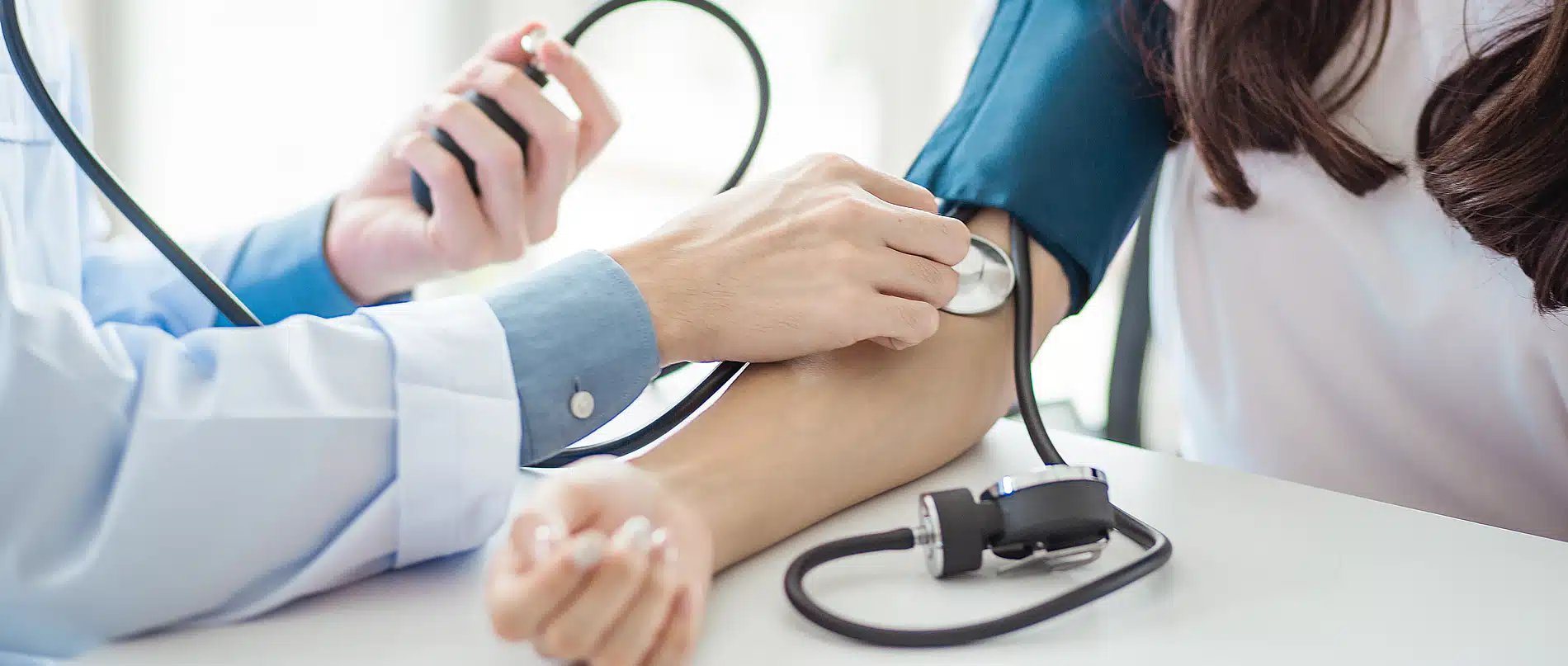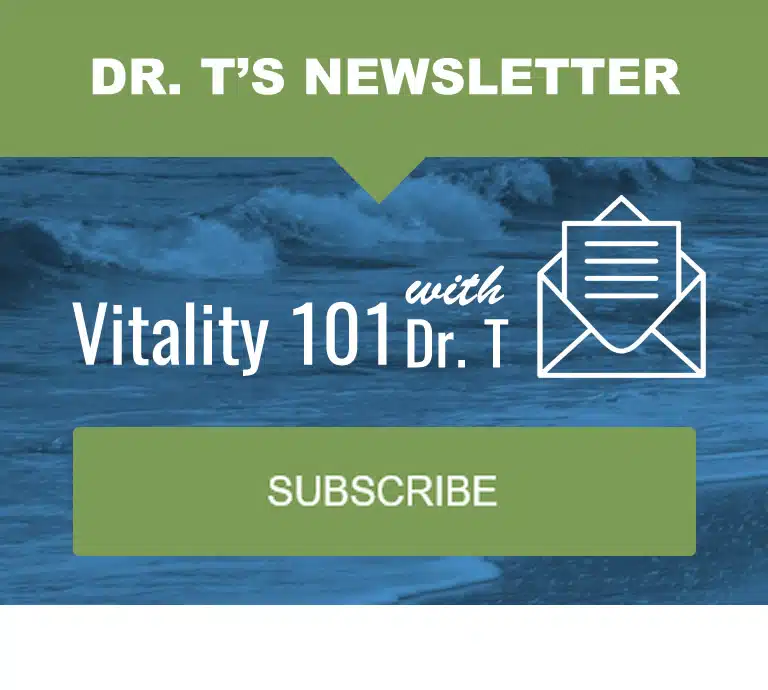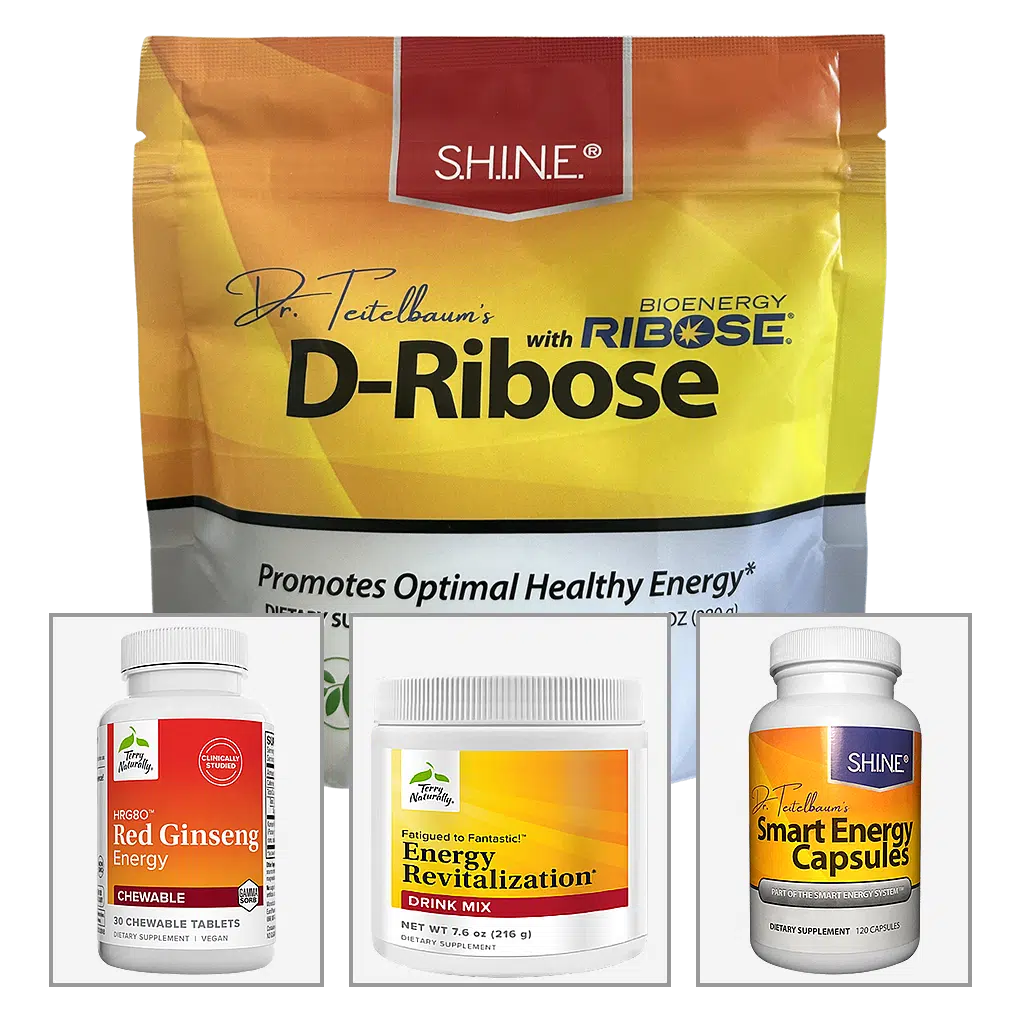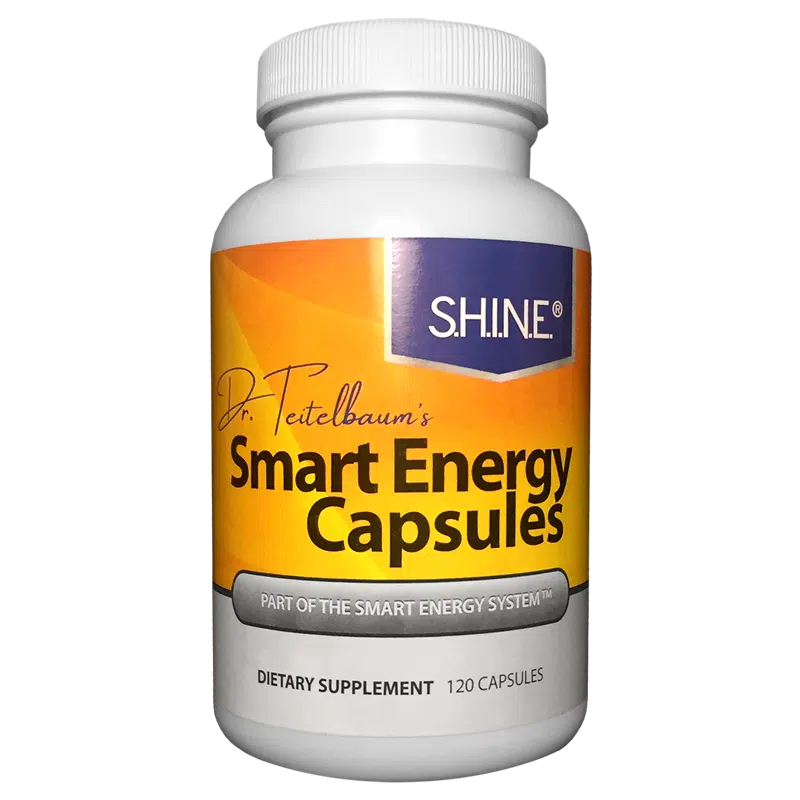Specific Health Topics
Blood Pressure
11 Ways to Keep Your Blood Pressure at a Healthy Level

Imagine for a moment the water pressure in a garden hose. If the pressure is too low, the hose is limp and won’t spray. If the pressure is too high, the hose can burst.
Your arteries and veins — the vessels that carry blood throughout your body — work pretty much like that garden hose.
If your blood pressure is too low, your organs don’t get the blood they need to function properly (particularly your brain). This can make you feel dizzy and light-headed when you stand up; fatigued throughout the day; and "crash" after exercise.
If your pressure is elevated, the strong rush of blood can damage blood vessels, leading to heart attack, stroke, kidney failure and other diseases.
The best blood pressure is optimal blood pressure — not too low, not too high, but "just right."
If your blood pressure is too low it’s likely you’ll have one or more of the symptoms I just described. But how can you tell if your blood pressure is too high? Just go to the nearest supermarket or drugstore and use the free sphygmomanometer — a fancy medical name for a machine that reads blood pressure. (It’s usually near the pharmacy.)
In my opinion, blood pressure shouldn’t be elevated above 140/85. I know that many experts say a much lower level is optimal. But in my practice, I’ve found that lowering blood pressure below 140/80 is, especially in people with fatigue, more likely to cause side effects, and offers diminishing returns. So at that point, optimizing blood pressure with lifestyle and natural changes is the approach I prefer. Here’s how.
1. Take Your Medicine
In many cases, medical attempts to deal with disease end up doing more harm than good. But drugs for elevated blood pressure are a critical exception.
If you’ve been diagnosed with elevated blood pressure, it’s smart to take the medications that can bring it under control. Because chronically elevated blood pressure can cause cardiovascular disease (heart attack, stroke), the leading cause of death in the U.S.
While the medicine stabilizes your situation, you can also start using natural remedies to lay the groundwork for maintaining a healthy blood pressure, working with your doctor to gradually reduce your medication once the blood pressure has stayed normal for 3 months.
2. Exercise Regularly
Exercise helps optimize blood pressure, whether it’s elevated or low. The best exercise? A walk outdoors in the sunshine, which also delivers vitamin D (the "sunshine vitamin"), a nutrient critical for maintaining healthy blood pressure.
3. Don’t Sweat the Salt
The role of salt in elevated blood pressure is overemphasized. The level of salt that most people eat does not contribute significantly to the problem. In fact, study after study shows that people who restrict salt to the level recommended by the government die younger than those eat more salt.
Further, the level of salt restriction necessary to lower blood pressure is so severe that most people can’t do it and just end up feeling guilty — which is certainly not good for health!
So you may not need to torture yourself about the salt. Instead, I recommend people just aim to be reasonable.
As for those with low blood pressure: They need to increase their salt (and water) intake to optimize pressure levels.
4. Get Potassium and Magnesium in Your Diet
Research shows that elevated blood pressure usually isn’t the result of too much salt, but rather of too little potassium, another key mineral.
To get your potassium, I recommend one or two of the following every day:
- Eat a banana (slicing one over a bowl of whole grain breakfast cereal is a great way).
- Eat one half of an avocado, which also delivers a big dose of potassium.
- Drink an eight-ounce glass of V8 juice, tomato juice and/or coconut water — all rich sources of potassium.
Magnesium is another mineral that helps promote healthy blood pressure. You can get this from your diet be eating green leafy vegetables and nuts (especially almonds).
Other nutrients and nutritional compounds that help maintain healthy blood pressure and promote healthy heart function include ribose, coenzyme Q10, and B vitamins.
5. Lose Weight
This is a tried-and-true method for lowering elevated blood pressure. In a six-month study, 50% of overweight people with elevated blood pressure who lost weight normalized their pressure. The easiest way to lose weight is to follow a diet that emphasizes filling, low-calorie foods, like vegetables, fruits, beans, fish and chicken. Simply avoiding sugars and starches (e.g., wheat and rice) can also make a big difference.
6. Check Testosterone Levels (Men Only)
Inadequate levels of testosterone, even if they are low normal, can cause elevated blood pressure. Often, it will also cause high cholesterol and sometimes even diabetes (a common trio called "metabolic syndrome"). If you have high blood pressure, you should have your testosterone levels checked. That it is "normal" means nothing. I recommend it be kept over 450 ng/dl (and usually closer to 750).
7. Eat Dark Chocolate
A square of dark chocolate each day can lower blood pressure by three or four points. It also tastes great and is loaded with heart-healthy antioxidants. Meanwhile, studies have shown that for those without known heart disease, eating chocolate may be more than twice as effective as cholesterol-lowering medications to prevent a heart attack.
8. Limit Alcohol and Coffee
Excessive consumption of either of these beverages is linked to elevated blood pressure. Try cutting back for two weeks to see if your pressure is lower. If it is, cut back to an average of no more than one cup of coffee and one glass of alcohol daily.
9. Ask Your Doctor About Sleep Apnea
A common cause of elevated blood pressure is sleep apnea — a chronic state of oxygen deprivation and breathlessness during sleep that rouses you many times a night to a semi-conscious state of wakefulness. Signs of this condition include snoring, falling asleep during the day, and a thick neck (a collar size of 17 inches or more).
10. No More Mr. Nice Guy (or Ms. Nice Gal)
Elevated blood pressure also has a mind-body component. If you’re nice because you’re holding in anger all the time, you need to blow off steam. Otherwise, you’re like a pressure cooker with a release valve that doesn’t work … you look calm on the inside, but you’re about to burst. Give yourself permission to have a good hissy fit once in a while (but don’t hurt anyone), which will help keep your blood pressure under control. Other examples of how to blow off steam? Roll up your car windows and scream at the world. Pound on the bed with a tennis racket. Punch out your pillows!
11. Think About Food Sensitivities
A frequently-missed cause of low or elevated blood pressure is food allergies. If you find that your blood pressure can’t be controlled with medication, consider food allergies as a possible cause.




